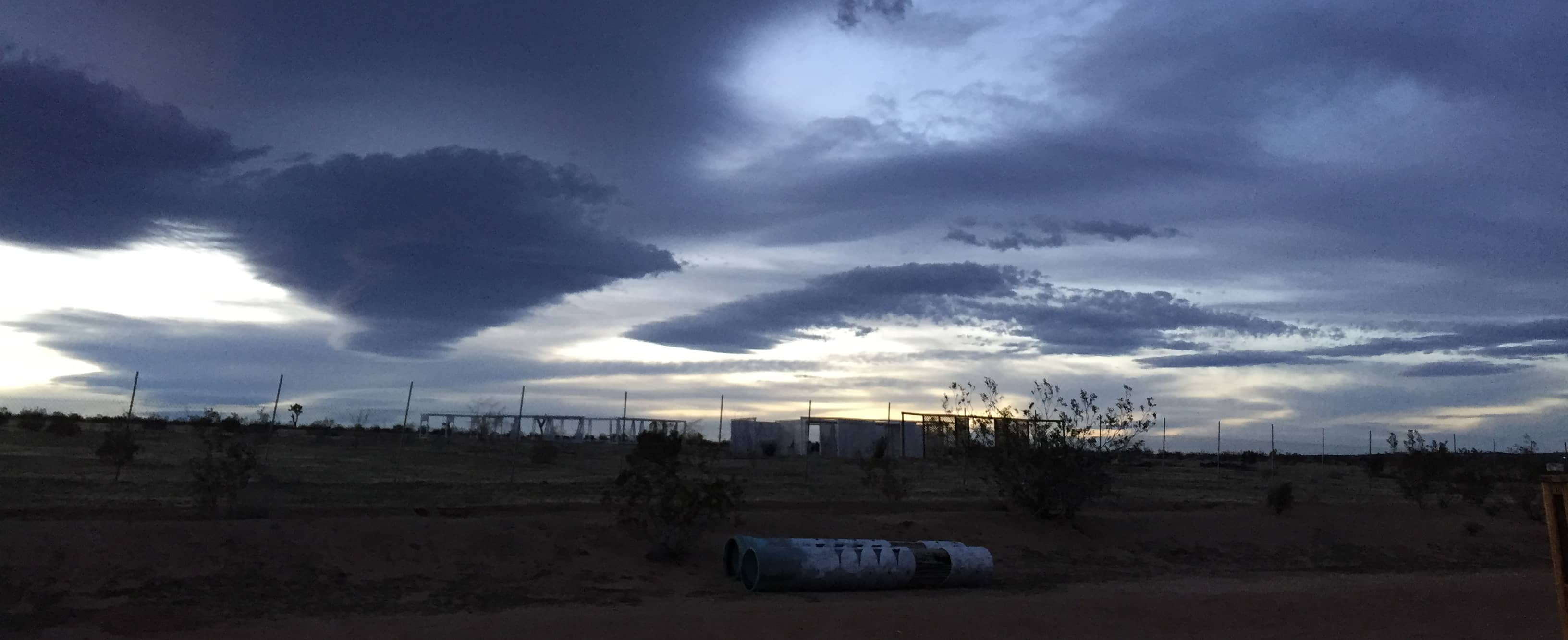Dear Mr. Armstrong,
Firstly, we have been reading with great interest Charles Lindbergh's 'Autobiography of Values', noticing many connections and parallels between your own experience and his. We have also been surprised at the way his name has been cropping up in discussions with astronauts and others involved in the space program. We understand that Mr Lindbergh was someone you greatly admired and met with in the run up to the launch of Apollo 11: indeed, it has been suggested that you were given advice by him. Is this true? We have been especially struck by his reflections in chapter 12.
In addition, we understand that your first airplane flight was in one of the barnstormers which traversed the country when you were a boy (interestingly, Edgar Mitchell told us that his was too). Do you happen to know whether the plane in question was one of those belonging to Mr Lindbergh's company, which we believe to have been traveling through Ohio at that time?
Dear Mr. Smith
Here are some replies to your questions:
I became an aviation enthusiast at age 9 or 10 and never wavered. I read every aviation book and magazine that I could, and built airplane models constantly. I wanted to become an airplane designer and learned about the great ones: Alexander Seversky, R. J. Mitchell, Igor Sikorsky, Tony Fokker, Don Berlin, etc.
I had no aspirations as a pilot at that time, but avidly learned about the record setting flyers: Alcock and Brown, Mattern, Post, the Mollisons, Lindbergh, Earhart, etc. I don't remember focusing on Lindbergh. Probably read more about all those who preceded him across the Atlantic by air.
But I was delighted to be Charles and Anne Lindbergh's host on the occasion of their visit to the Cape for the launch of Apollo 8, and met him a couple of times later (I did not see him at Apollo 11). I was with Anne quite a number of times when Jimmie Doolittle and I were asked (by the Explorers Club) to chair the newly established Lindbergh Fund.
The only piece of advice I can remember him giving me (although there may have been others) was to not give autographs. When I read 'Autobiography of Values' many years ago, I was also struck by a number of similarities to my own experiences.
My father took me for a ride on a Ford Trimotor in 1936. I don't know whether it was a 'barnstormer'. I don't remember any details of the ownership of the airplane. But it took 10 or 12 passengers at a time for a brief trip around the city (Warren, Ohio).
I hope that is helpful.
Neil Armstrong
Dear Mr. Armstrong
Thank you so much for taking the time to answer our questions.
One thing which strikes us is the fact that your passionate commitment to aviation seems to have followed several years after your first flight, suggesting that it wasn't flying as such which sparked your love of aviation. Would this be true to say? If so, is it possible to put your finger on what did lead you to aviation?
You may be interested to know that we are in our last days of filming, and this Thursday or Friday I am going for a ride in a 1930s Boeing Stearman biplane in Ohio. My hope is to better understand the thrill of this kind of flying - the kind that hooked most of the first wave of astronauts (I have previously flown in, and flown, a BAE Gnat and a MiG-25, but never a vintage biplane). The Stearman is a beautiful machine, and we wondered whether, if you happen to be free, you might like to come and take a look at it, and perhaps share your passion for aviation with us? Our ultimate aim is to help our viewers understand Apollo 11 in the context of the history of aviation, rather than as an isolated event.
In saying this, we understand and respect your aversion to formal interviews, and are not suggesting anything of that kind. It goes without saying, I hope, that we also respect your feelings (and Lindbergh's) about autographs.
Thanks again for your help with our enquiries.
All the best,
Andrew Smith
Dear Mr. Smith,
It is impossible for me to remember what thoughts went through my head 70 years ago. My guess is that it was a combination of reading about airplanes and building and flying model airplanes that was the chief motivating factor. In reading, I learned of the history and exciting developments of aviation and in flying model airplanes, I learned of the logic of what contributed to performance, stability and control of aircraft. Both invigorated my interest in design. Thank you for your invitation to join you at the Stearman flying event. I am already committed on both days but I am confident that you will get a new appreciation for a breeze in the face and the sound of the wind in the rigging.
Best of luck,
NA
